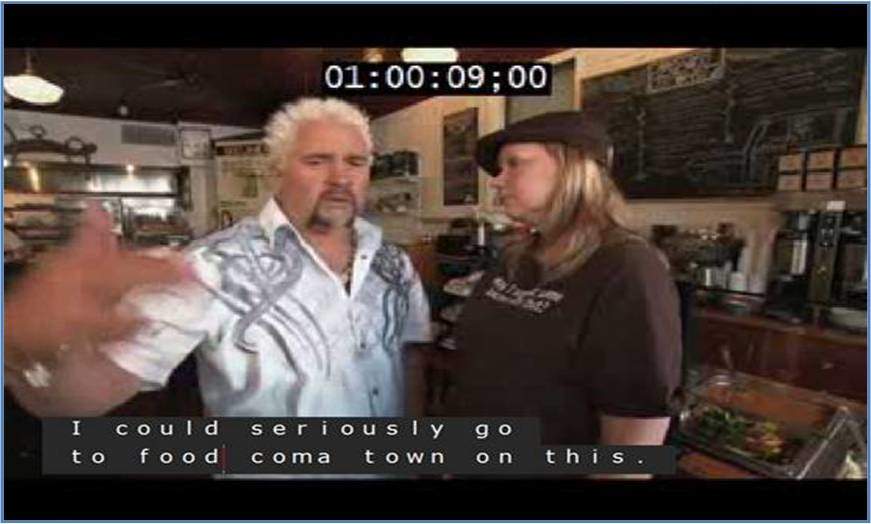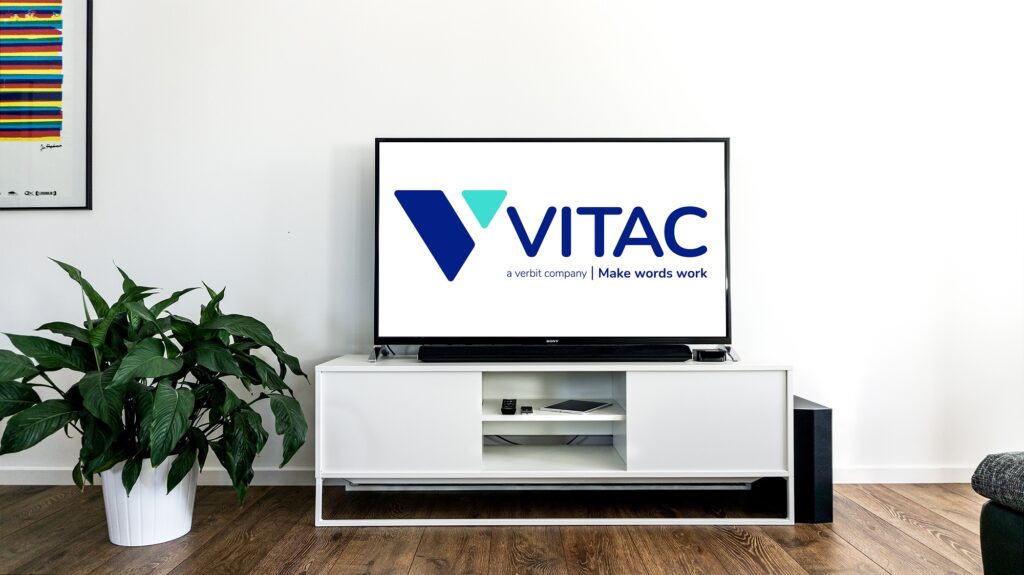Yelling frustrations into smartphones has become an almost daily part of life. As we hurriedly zip out texts, this function has the tendency to take the reins and skew meaning in annoying, sometimes hilarious, ways. By taking control of this system, offline captioners greatly increase productivity, convenience, and peace of mind in their contribution to video post-production. After all, with the sheer volumes of content being generated today, we need every shortcut out there.
At VITAC, this personalized list of shortcuts are called briefs; some call them macros, text expanders, or “autocorrect”, and they can either drive you mad or save your sanity. Early on in the career of an offline captioner, it becomes apparent that people today tend to use a very, very common vocabulary. Narrow the field of vision to cooking shows, and the variety of words used gets even slimmer. No matter how fast you think you can type, there comes a moment where you simply cannot type the words, “delicious,” “restaurant,” or “sauté” a single time more, so you classify a set of shortcuts to expand “rt” to “restaurant,” or “dc” to “delicious,” and that’s how you keep ahead of any especially fast-talking chefs. “Ft” could very well help you never have to type the word “Flavortown” again.
shows, and the variety of words used gets even slimmer. No matter how fast you think you can type, there comes a moment where you simply cannot type the words, “delicious,” “restaurant,” or “sauté” a single time more, so you classify a set of shortcuts to expand “rt” to “restaurant,” or “dc” to “delicious,” and that’s how you keep ahead of any especially fast-talking chefs. “Ft” could very well help you never have to type the word “Flavortown” again.
Within our proprietary offline captioning software, VNL, is the briefs interface, where captioners distinguish and categorize shortcuts for use when most needed. There are the personal briefs, for every show, temporary, series-specific, computer-specific, and “other” for our captioning staff. Sometimes a little gem-like inside jokes left are left behind by someone who’s worked on the show before. One captioner writes, “I’m not sure what was happening in my life when I made this one.”
After long enough in the captioning industry, captioners have a brief for almost anything you can think of, but here are some general rules of thumb followed:
- Adverbs: People actually use a lot of adverbs. Seriously, definitely do that immediately—really.
- Fillers: Unscripted actors, those on home-renovation, cooking, reality programming, and the like, say “like” and “you know” all the time, along with various other filler words. It won’t take long to notice which filler words people absentmindedly throw into everyday conversation. Yes, it will get annoying.
- Sound Effects: There are only so many sound effects. Everyone [ Laughs ], [ Cries ], and [ Scoffs ]. There will always be another [ Phone ringing ].
- Misspellings: Do your fingers insist on typing “jsut” instead of “just”, or “recieve” instead of “receive”? Do you tend to capitalize the first to letters of every sentence or end words with “ign” instead of “ing”? Let the system take care of all the words you refuse to learn and the wrong ways your fingers hit the keyboard at 90wpm.
At VITAC, we caption videos on every subject imaginable, and each genre has its own specific parlance which you can key into and begin to predict what will be said next, and staying one step ahead of your project is the trick to efficient captioning. Then, as with most jobs, captioners may, without noticing, take work home with them. They might use bracketed sound effects in text messages, or begin to notice that they text the same words many times each day. That’s when it’s time to open the autocorrect settings and begin developing a personal dictionary of briefs. There is truly no limit, as evidenced by this enterprising and devoted son when he made a brief on his mother’s phone to exchange the phrase “dirty laundry” to a transcript of James Joyce’s Ulysses.



